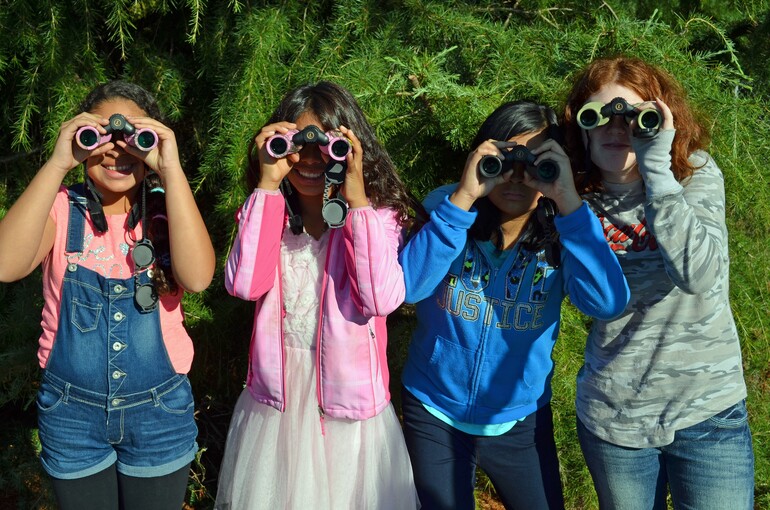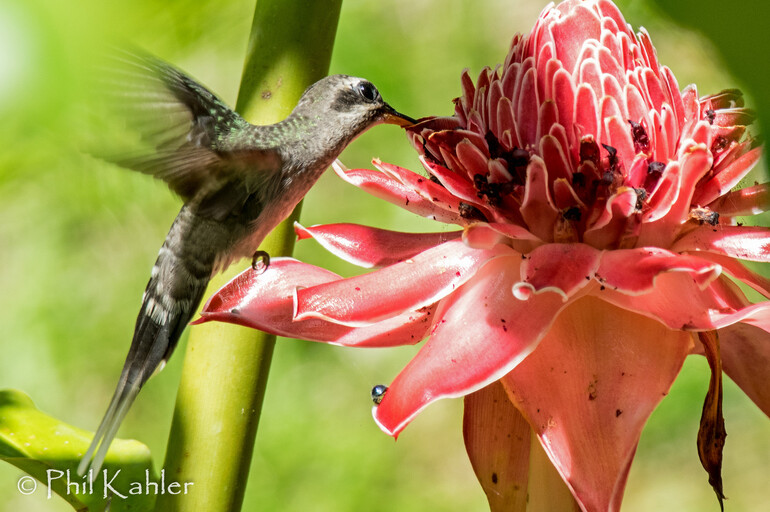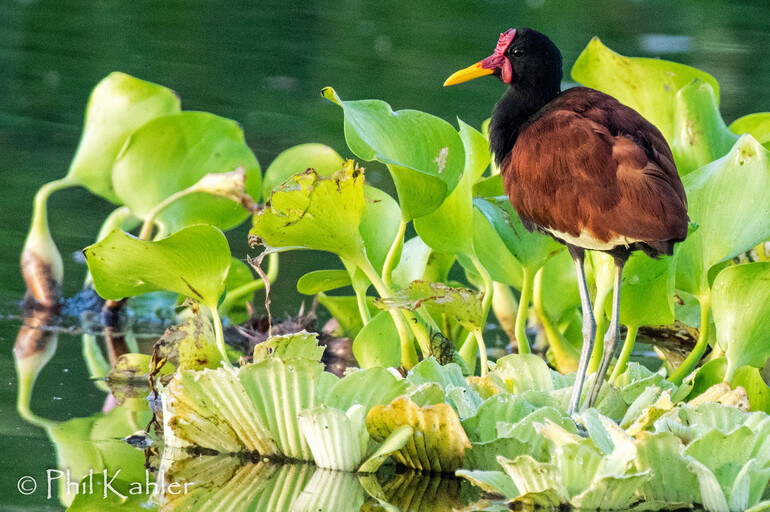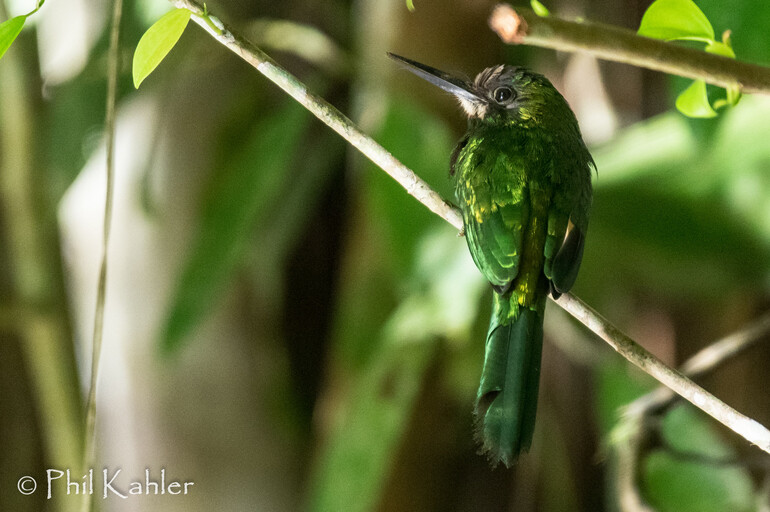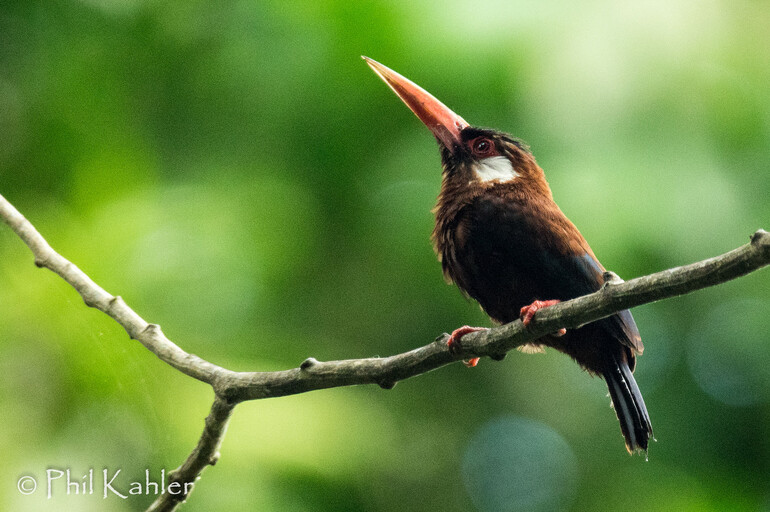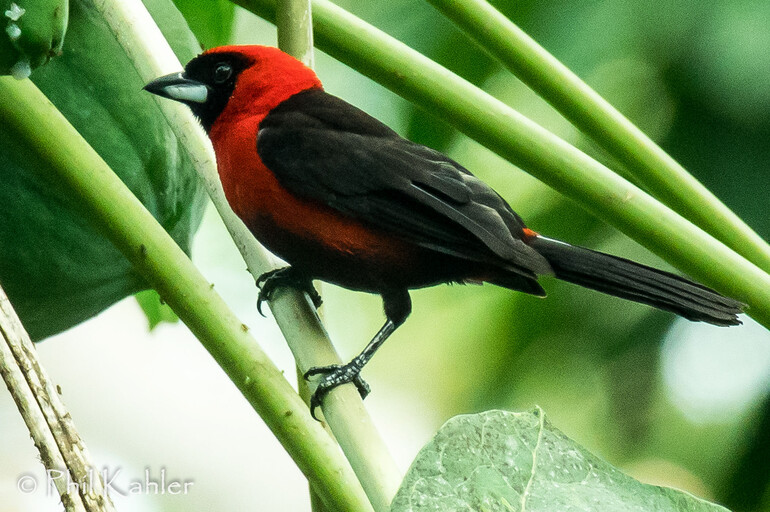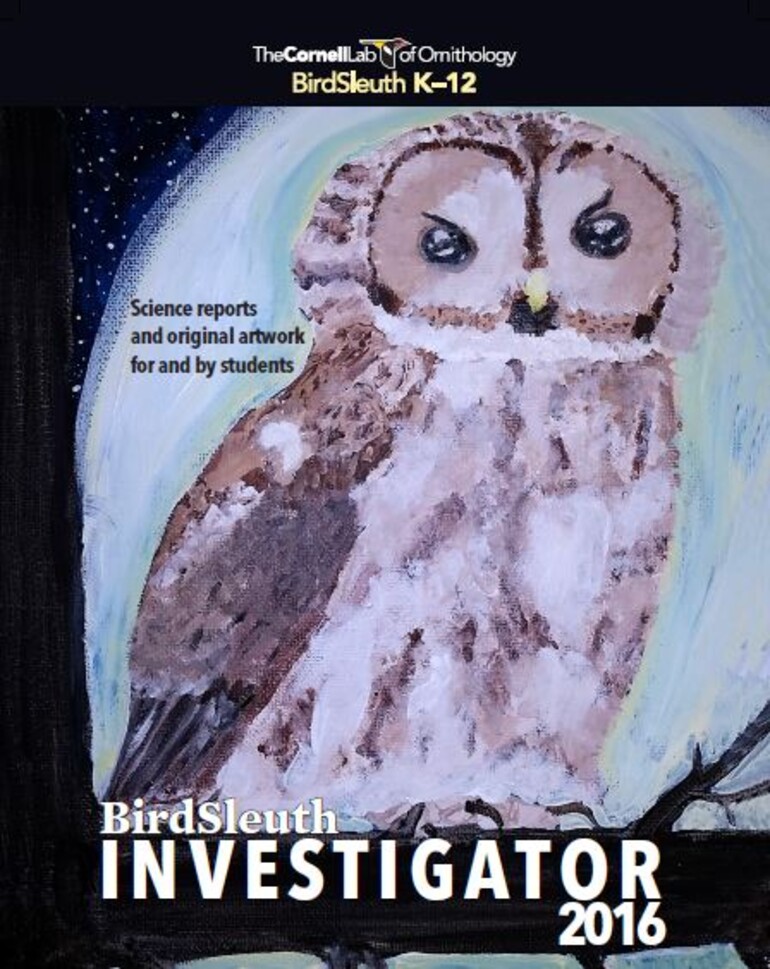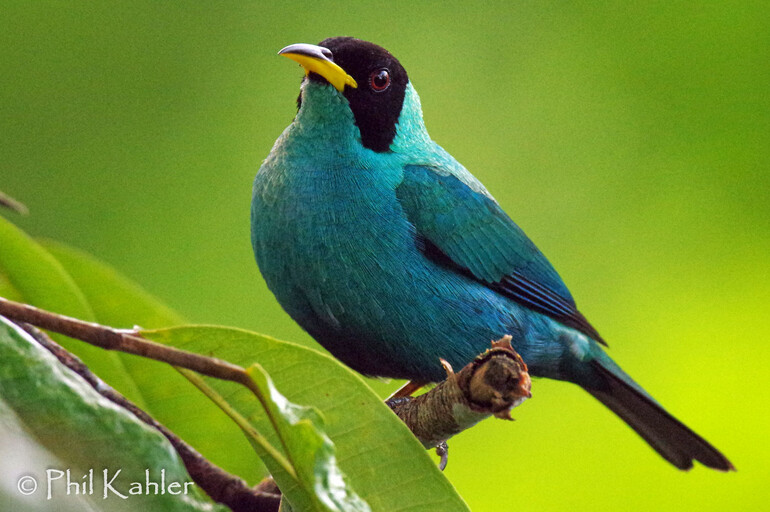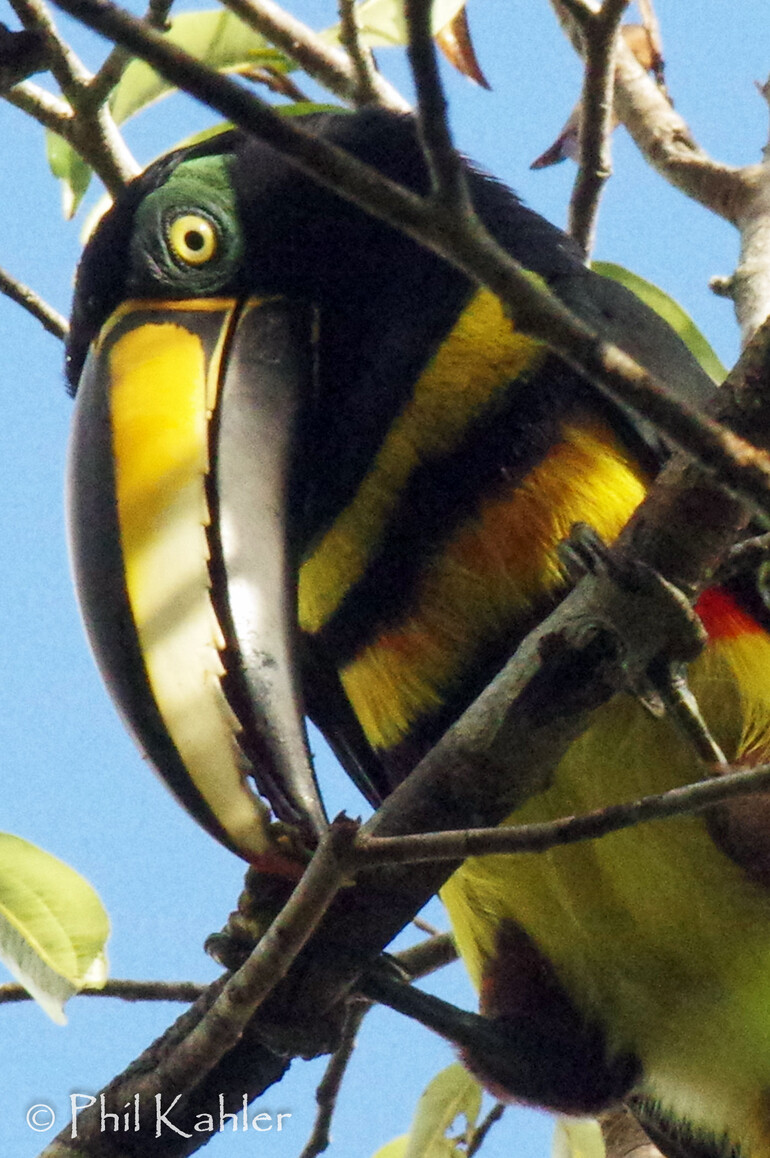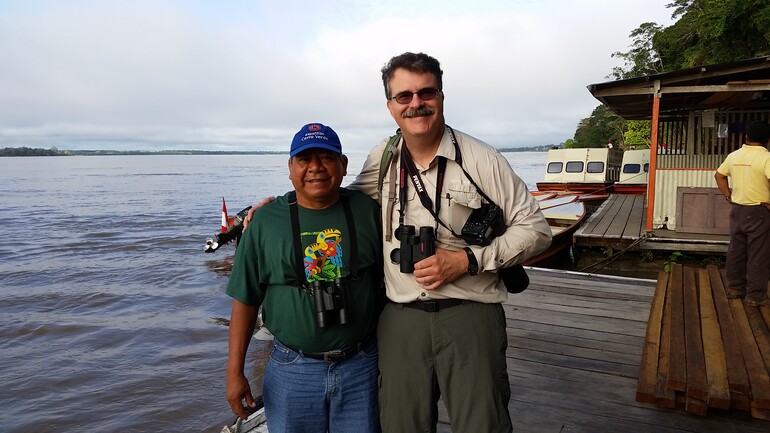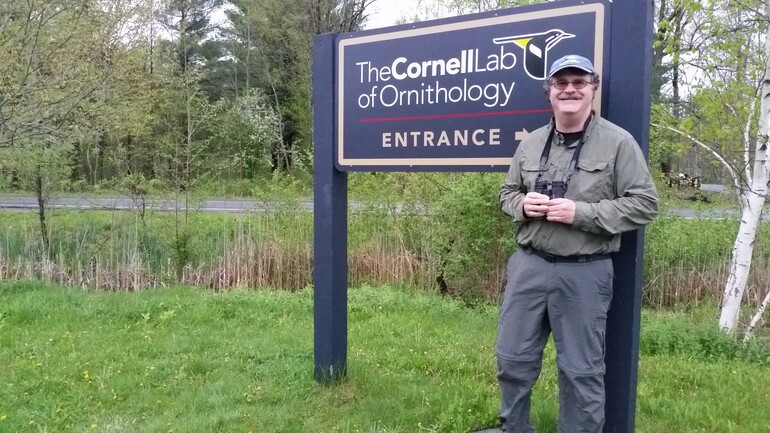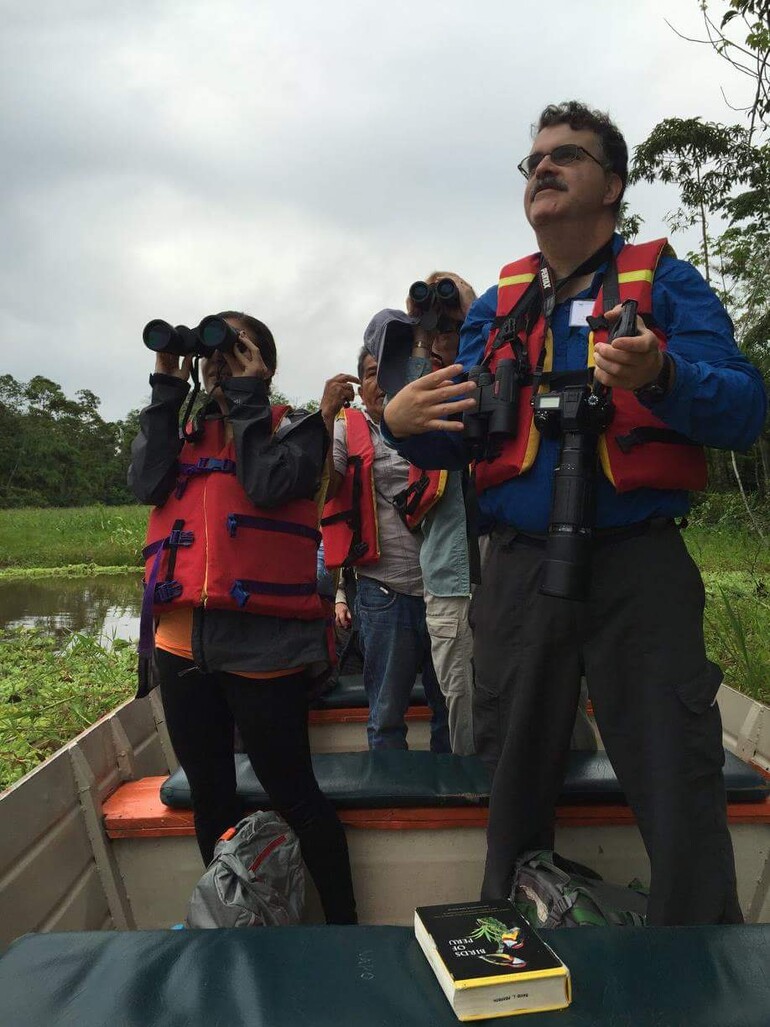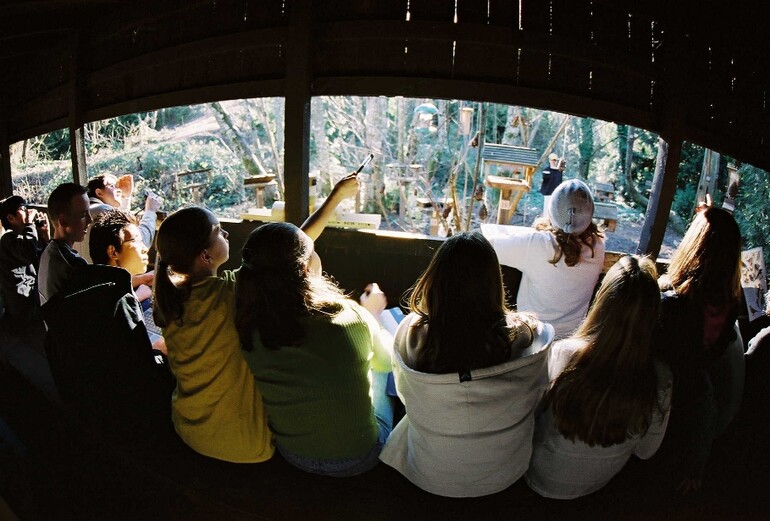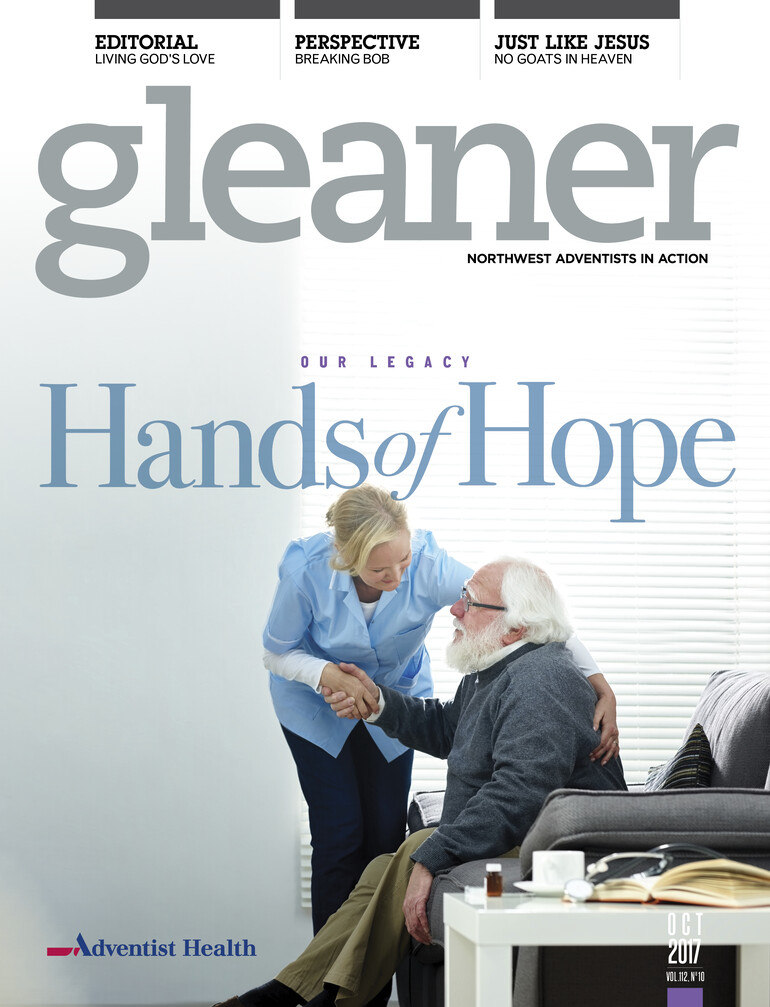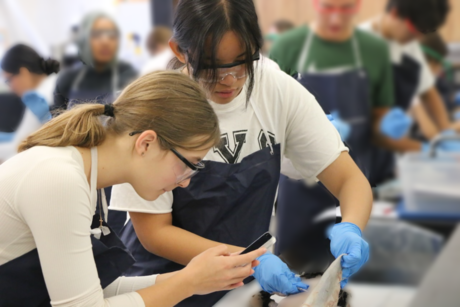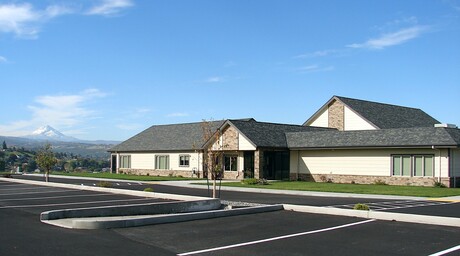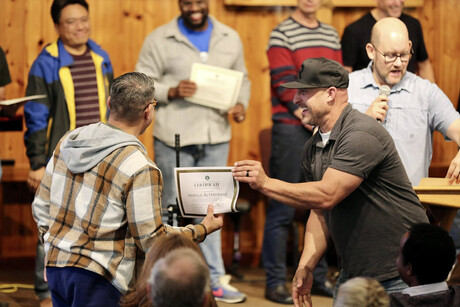Near the end of the 2016–17 school year, Phil Kahler, Tualatin Valley Academy (TVA) science teacher for grades seven through 10, flew to Ithaca, N.Y., where he participated in the BirdSleuth Strategic Planning meetings held at the Cornell Lab of Ornithology. The team was composed of Cornell Lab of Ornithology staff and an advisory board consisting of seven education professionals, including K–12 classroom teachers, a 4-H STEM (science, technology, engineering and math) coordinator and the Atlanta Audubon Society director of education.
Members were tasked with the responsibility of developing a five-year plan for organizing, disseminating and further developing BirdSleuth programs using the rich STEM resources at the Cornell Lab of Ornithology.
The Cornell Lab of Ornithology is a world leader in the study, appreciation and conservation of birds and is known for its scientific excellence and technological innovation. BirdSleuth is Cornell Lab of Ornithology’s K–12 inquiry-based approach to science curriculum that engages kids in scientific study and real data collection through the lab’s exciting citizen-science projects.
Kahler and his students at TVA have had a long history of collecting bird observation data on campus at our bird blind to share with eBird, one of the lab’s citizen-science projects. While participating in the BirdSleuth program, Kahler’s students conduct scientific investigations to discover answers to their own questions. Over the years, we have had many TVA students publish their bird research reports and artwork in the BirdSleuth Investigator, a publication written by and for students.
This summer Kahler made his fourth trip to the Amazon, where he represented the BirdSleuth program as he worked with science teachers participating in the Educator Academy workshops in Peru. He led bird watching adventures while training teachers how to collect and enter bird observation data into the eBird database.
“Early morning birding by boat is the most intense rapid-fire birding I've ever experienced,” recalls Kahler. “At times our guides would be calling out four to five birds at the same time from opposite sides of the boat ... all of which I had never seen or heard of before. There just wasn't time to look in the field guide until afterwards. The other teachers and I just wrote down names as fast as we could as the birds were being pointed out. Later, we compared our notes back at the lodge as we compiled a complete checklist of birds observed that morning. During my first three trips to the Amazon I helped teachers report over 325 different bird species to eBird. The diversity of bird life is simply incredible in the rainforest.”
During Kahler’s trips to the Amazon he became friends with Lucio Pando, one of the local Amazonian bird guides, who also had a passion for teaching children about birds. “While talking with Lucio I learned he did not have adequate access to binoculars needed for teaching the children. I just knew I had to do something to help Lucio obtain binoculars for his students,” says Kahler.
Sadly, last November Lucio unexpectedly passed away just as the Amazon Binocular Project began collecting donations of used binoculars. Fortunately, two other bird guides who have been using the BirdSleuth-International curriculum in remote schools along the Amazon River are very excited to use the binoculars we have been collecting.
Some of Kahler’s students have been helping him evaluate, clean and pack up the binocular donations. Kahler recently shipped 23 pairs of new and used binoculars to a school group who volunteered to deliver the binoculars to the bird guides during their visit to the Amazon in early June.
Kahler feels honored to be on the BirdSleuth Advisory Board as he looks forward to the next five years of the program. He also enjoys hiking, beekeeping and photographing birds.
For additional information, visit:





